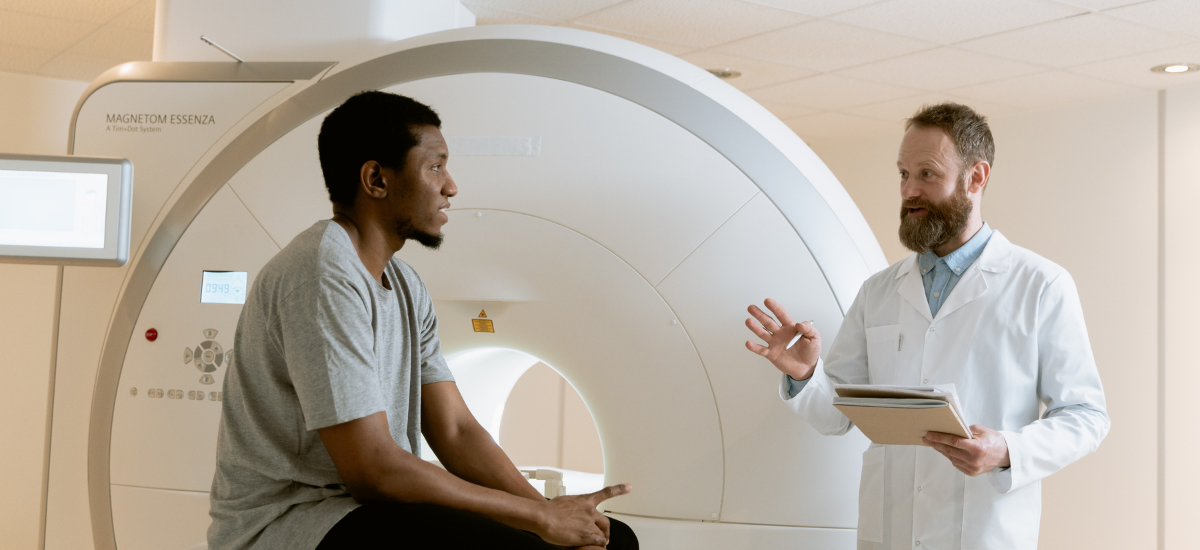New research on the radiology experiences of patients takes a look at a different kind of adverse event—emotional harm.
A recent study published in the journal Radiology explored how emotional harm during radiology events can erode patient trust and overall confidence in medical treatment.
When discussing adverse events, we often discuss misdiagnosis, delay in care, medication error, or other medical mistake. Equally important is emotional harm experienced by patients throughout the healthcare industry. While damage done is interior, the lack of attention to patient-centered care has a very real impact on patients being treated for injury or disease.
Patient-centered care is an important mode of practice that takes a holistic view of a patient. The National Academy of Medicine (formerly the Institute of Medicine) define patient-centered care as “Providing care that is respectful of and responsive to individual patient preferences, needs, and values, and ensuring that patient values guide all clinical decisions.” An example of patient-centered care is healthcare that recognizes, respects, and responds to emotional trauma experienced by large numbers of patients.
In the study, researchers reviewed reports submitted between December 2014 and December 2020 from a large hospital. The focus of the study was on emotional harm that occurs in radiology departments, an area on which there are few studies. Authors identified 3032 radiology-associated reports during the target period that were submitted under the category “dignity and respect.”
On review, 43 of the events described involved emotional harm to patients. Breaking that down further, the highest number of complaints related to failure to provide patient-centered care. Other complaints involved disrespectful communication, violation of privacy, minimizing the concerns of patients, and lost property. Interestingly, reports were also filed by staff, noting the disrespectful communication they experienced from their co-workers in a radiology setting.
Commenting on the research, professor of radiology and Chief of Emergency Radiology at Penn State Dr Michael Bruno writes, “This type of patient harm has not previously been as well studied in the context of diagnostic radiology as it has in other specialties of medicine. Thus, it is likely that few radiologists have even considered this type of patient (or staff) harm as a quality and safety issue. Emotional harm is real.”
Patient-centered care fully values the patient who is seeking care. Unrecognized and underreported, emotional harm casts a long shadow over those seeking medical help—only to suffer more harm.
Skilled medical malpractice lawyers fight for compensation on your behalf in Baltimore and Washington, DC
Schochor, Staton, Goldberg, and Cardea, P.A. represents patients and their families across the US. When your healthcare provider makes a mistake that results in serious injury, call 410-234-1000 or contact us today to schedule a free consultation.













